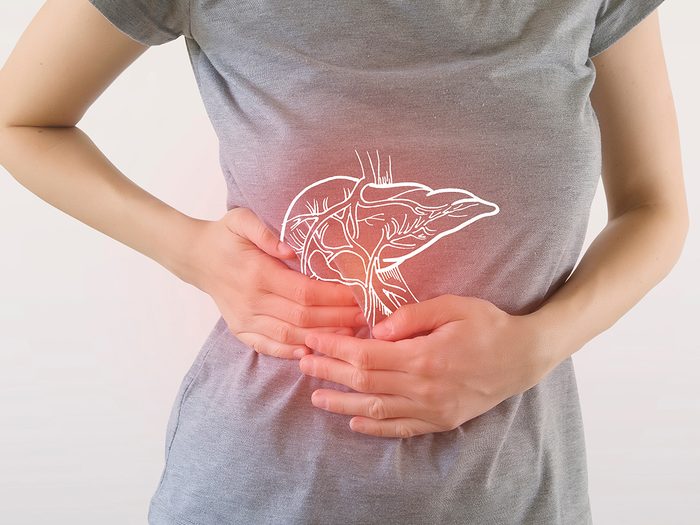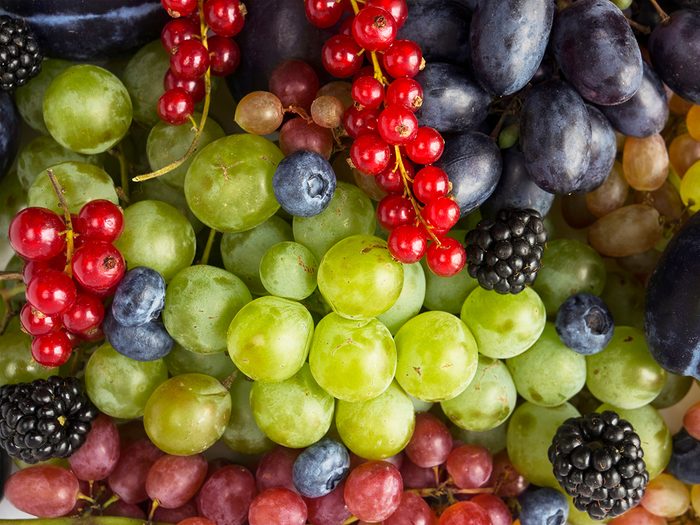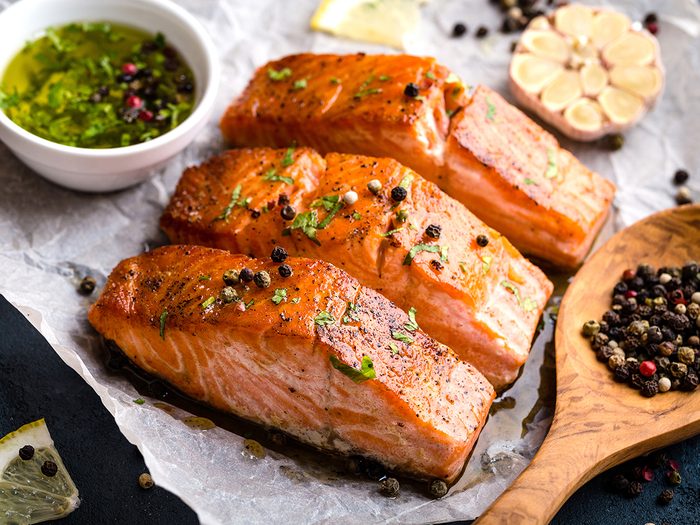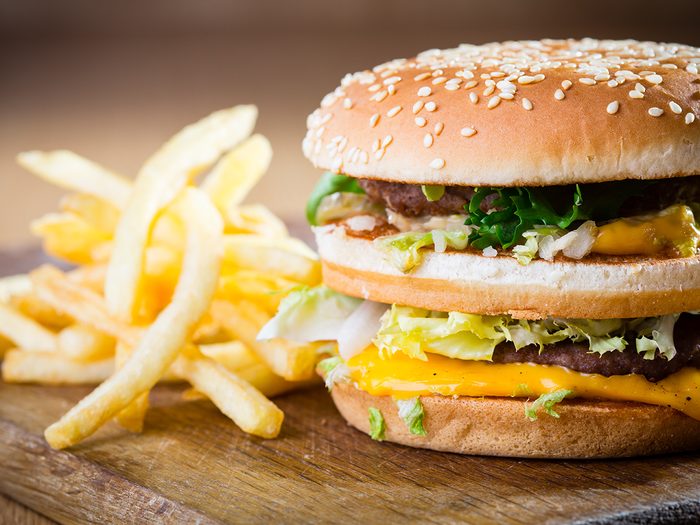
How Diet Affects Liver Health
You might think of your liver as your body’s center for detoxing your system, and that’s true, but did you know your liver performs over 500 vital functions? Johns Hopkins University names some of the primary roles of your liver, including the removal of waste products, controlling immune responses and managing your blood sugar. So what we eat every day can help, or hinder, this all-important organ.
Studies in recent years have shown that your diet plays a big factor in your liver health. A few best practices to support your liver are to maintain an appropriate body weight, keep cholesterol and sugars within a normal range, limit the amount of alcohol you consume, and follow a healthy, well-balanced diet. Melissa Prest, MS, RD, spokesperson for the Academy of Nutrition and Dietetics, says because our liver performs so many important functions, “Supporting liver function through good nutrition is vital and necessary.”
So what are the best foods to keep your liver in great shape? Turns out, a lot of the foods you already love can be beneficial to your liver.

The Best Foods For Your Liver
For years, doctors have recommended the Mediterranean diet, largely for its effect on cardiovascular health. Experts say the Mediterranean diet is also a great plan to adopt as a way to support liver health. “Diets that are high in antioxidant-rich foods, like the Mediterranean diet, help to lower inflammation that may occur with liver diseases,” says Prest.
Fruits are full of antioxidants, which help reduce inflammation. According to Prest, some of the best options to protect your liver include berries, grapes and cranberries.
You should also look to include dark, leafy greens in your diet to support liver health. “Leafy greens are high in vitamin K, which the liver needs to form blood clots,” Prest explains. “Leafy greens (like spinach, kale, cabbage and collards) contain antioxidants that protect the liver and calm inflammation.”
Prest recommends olive oil (in moderation) as a way to help prevent fatty liver disease because it can increase your HDL cholesterol (the “good” cholesterol), and it’s rich in vitamin E and antioxidants.
Eating enough fibre is also key to liver health. “Fibre-rich foods, like oatmeal, help your body have regular bowel movements and improve gut health. This is important because being constipated does not allow the body to get rid of toxins, causing them to build up, and can be a concern for people with chronic liver disease.” Aim to include fibre at every meal and snack.
Nancy Reau, MD, Associate Director of Solid Organ Transplantation and Section Chief of Hepatology at Rush University Medical Center adds: “The liver is happiest with a healthy diet—low carbohydrates and higher protein. The best way to help your liver repair is to not ask it to work harder than it should, and enrich your diet in anti-inflammatory, high-antioxidant foods.”
Check out 12 healthy high-fibre foods worth adding to your grocery cart.

The Best Meat For Your Liver
Eating enough protein is also essential for the liver. Prest recommends lean proteins, such as poultry and fish, as well as plant-based proteins like lentils, peas, nuts and tofu.
“Our bodies are complicated, and you never want to try to choose a healthy choice for one organ and increase the risk of another problem, like cardiovascular disease,” cautions Dr. Reau. “Lean meats like chicken and turkey are liver-healthy, as are fish. Although a higher-protein diet is preferred, avoiding saturated fats is always a good idea to decrease cancer risk and cardiovascular disease.”
Find out the healthiest fish you can eat.

Foods That Are Hard on Your Liver
To keep our liver performing optimally it’s not enough to just eat healthy—there are also certain foods to avoid. The Liver Foundation encourages people not to consume foods high in fat, sugar and salt as well as avoiding fried foods, including fast food.
Michelle Lai, MD, MPH, author of the Liver Healing Diet, recommends avoiding alcohol, excess sugar and excess calories. “When you eat more than what your body burns, your liver has to process and store excess energy. When you take in too much, it stresses the liver. So either reducing what you take in, or burning off more, will help keep things in balance and prevent the liver from being stressed,” Dr. Lai says.
Dr. Reau further explains: “Processed foods and simple carbohydrates are pro-inflammatory and contribute to fat and sugar storage in the liver. If you have more advanced liver disease, we also try to avoid raw shellfish and may even try to avoid protein sources which contribute to ammonia production.”
Prest also recommends avoiding smoking. “Smoking damages your liver cells—and don’t mix alcohol with drugs, as this combination can damage the liver.”
To prevent non-alcoholic fatty liver disease, Prest recommends maintaining a healthy weight “by moving your body for at least 30 minutes a day and choosing a nutrient-dense diet with fibre-rich grains, fruits and vegetables, and lean proteins.”
Next, take a look at the gruesome effects of alcohol on your body.